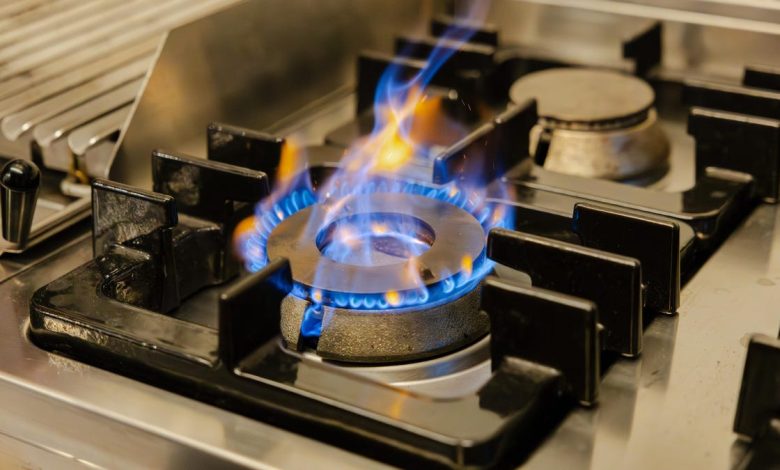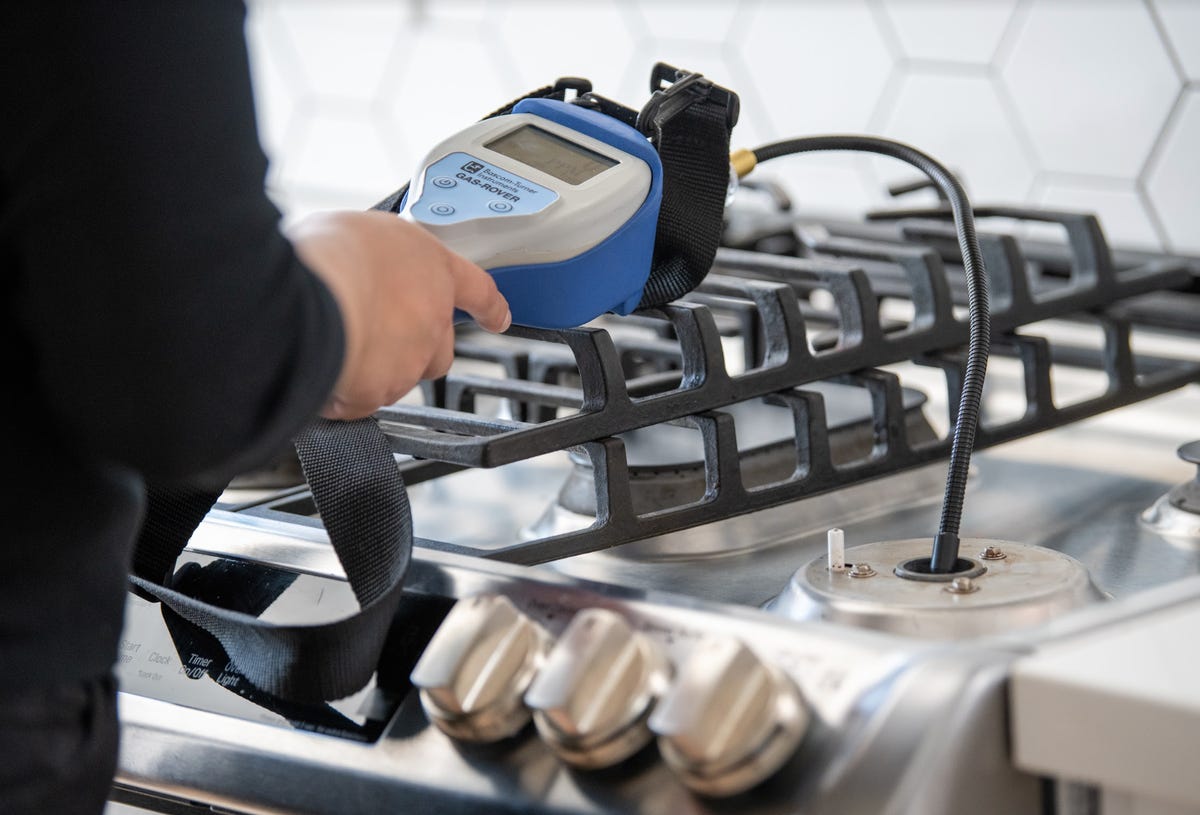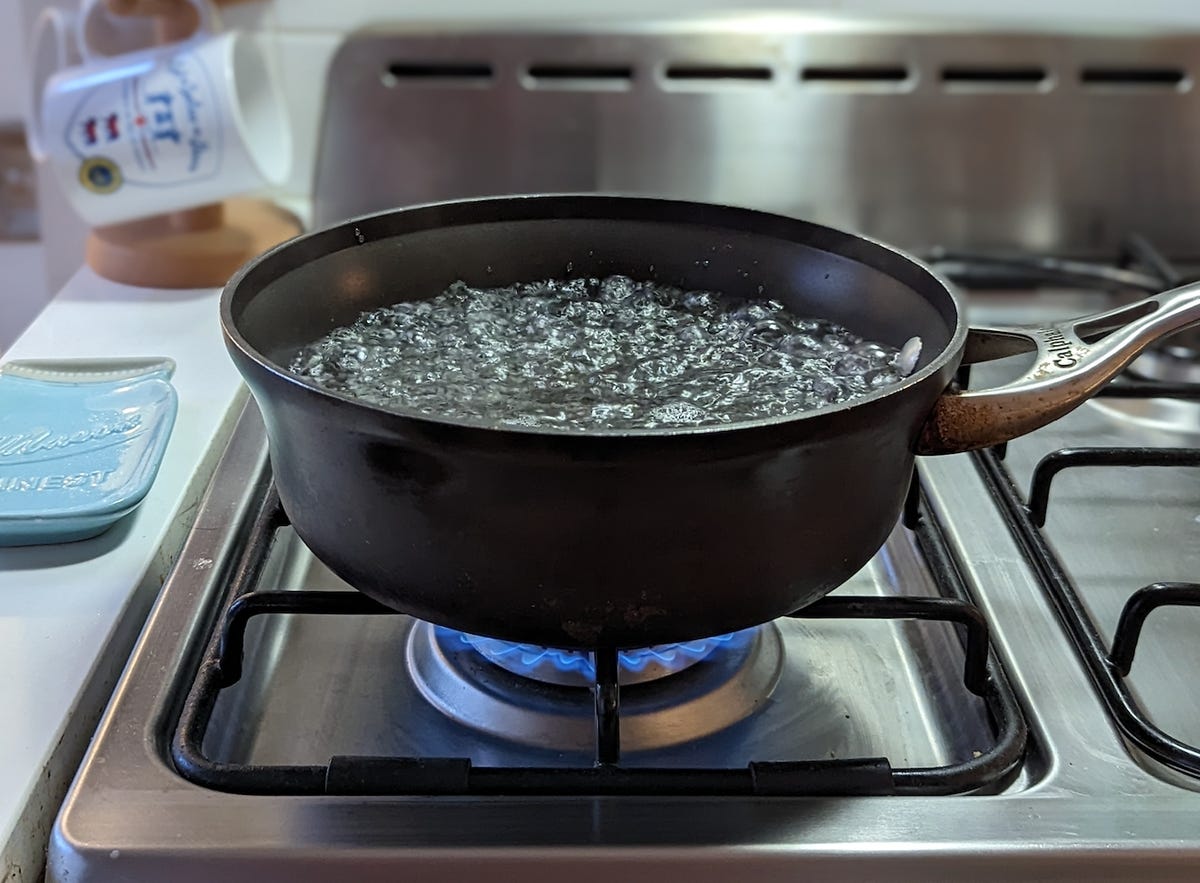Alarming New Gas Stove Study Suggests Leaks Are Undetectable by Smell Alone

This is worse news for owners of natural gas stoves. Another disturbing study has been published questioning the safety of natural gas. The peer-reviewed research conducted by PSE Healthy Energy and Stanford University found that natural gas odorant levels are not standardized and the odorant is often underused to the point that someone with an “average sense of smell” cannot detect a leak.
The odorant is added to natural gas, sometimes called methane gas, before it is pumped into homes and acts as the only real line of defense against toxic leaks.
The researchers collected and analyzed 587 natural gas samples from 481 residences in 17 North American cities. The samples were tested for methane, benzene, hazardous air pollutants and sulfur-based flavorings. The researchers modeled the amount of gas that could escape unnoticed by a resident with an average sense of smell.

This is worse news for owners of natural gas stoves.
CNET spoke with the study’s administrator, PSE scientist Sebastian Rowland, who made it clear that the erratic and often too low levels of the odorant found in natural gas are a “major cause for concern” and another in a long line of reported dangers associated with natural gas.
“Although these smaller leaks are not large enough to cause gas explosions, foul-smelling leaks are common,” Rowland said. “The fact that they are so small makes them difficult to identify and fix, which can lead to a persistent indoor source of benzene and methane.”
Rowland did not call for a ban on natural gas, but stressed that these studies should be taken seriously and those with natural gas stoves would be wise to take precautions against polluted breathing air.
Benzene levels in Vancouver are 50 times higher than some cities

A 2022 study found that gas stoves emit more than previously thought.
The study also showed large discrepancies in the amount of benzene present in natural gas in North American cities. On average, gas delivered to homes in Vancouver, Los Angeles, Calgary and Denver had twice the benzene levels compared to other cities. Benzene levels in Vancouver were particularly high, nearly 50 times higher than in Boston, the city with the lowest concentration.
Benzene is a chemical found in natural gas that is known to cause respiratory complications, acute myeloid leukemia, and non-Hodgkin’s lymphoma.
Read more: Two shocking studies that probably sparked the debate about banning gas stoves
Study after study shows that natural gas stoves can be dangerous

Natural gas stoves have come under fire in the past few years.
Other studies published in the past few years have called into question the safety of natural gas in the home. One found that natural gas stoves emit more than previously thought, while another study found that increased levels of natural gas in the home lead to an increase in childhood asthma. Just this May, Stanford published research showing that the risk is much greater among those living in small homes and apartments compared to large homes.
Recently class action filed against Whirlpool alleges the appliance giant hid the gas stove’s emissions risk. To protect yourself, we came up with this gas stove safety guide to reduce the risk of infection.




